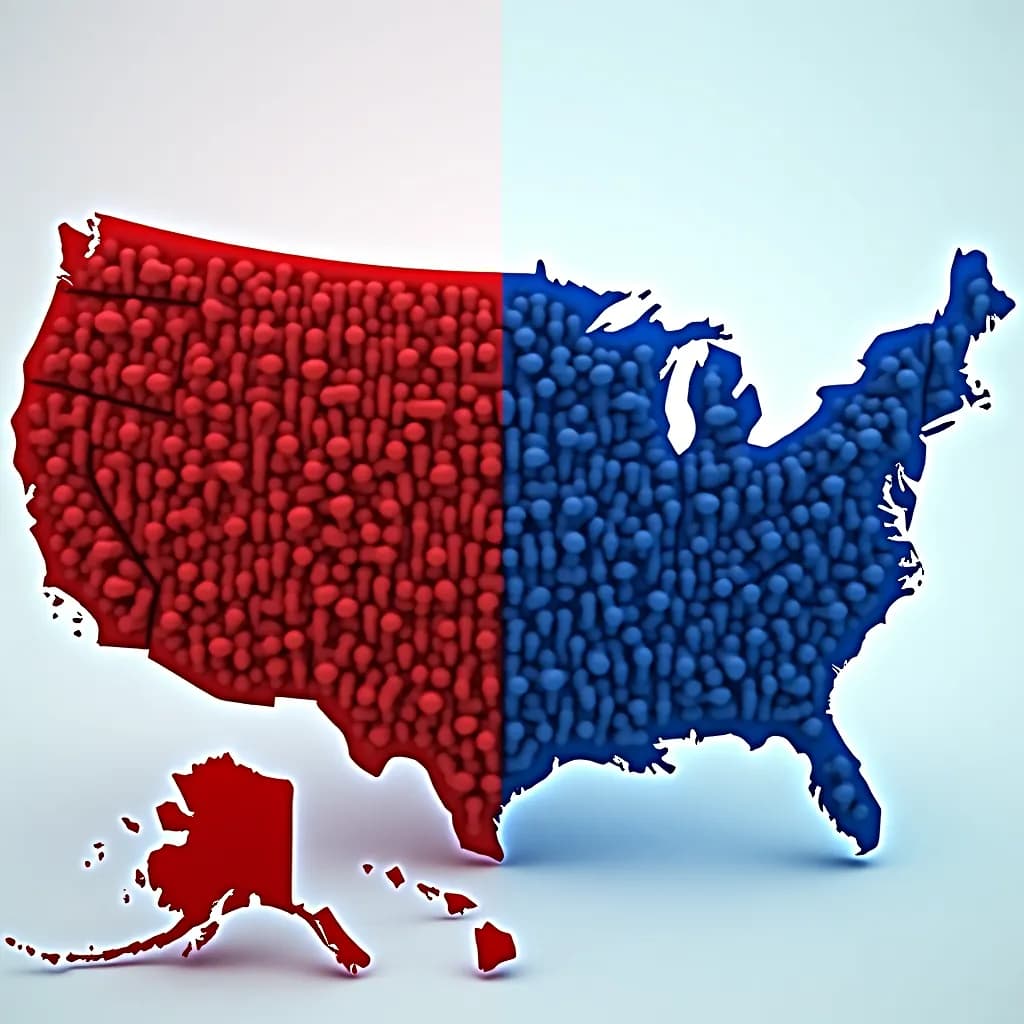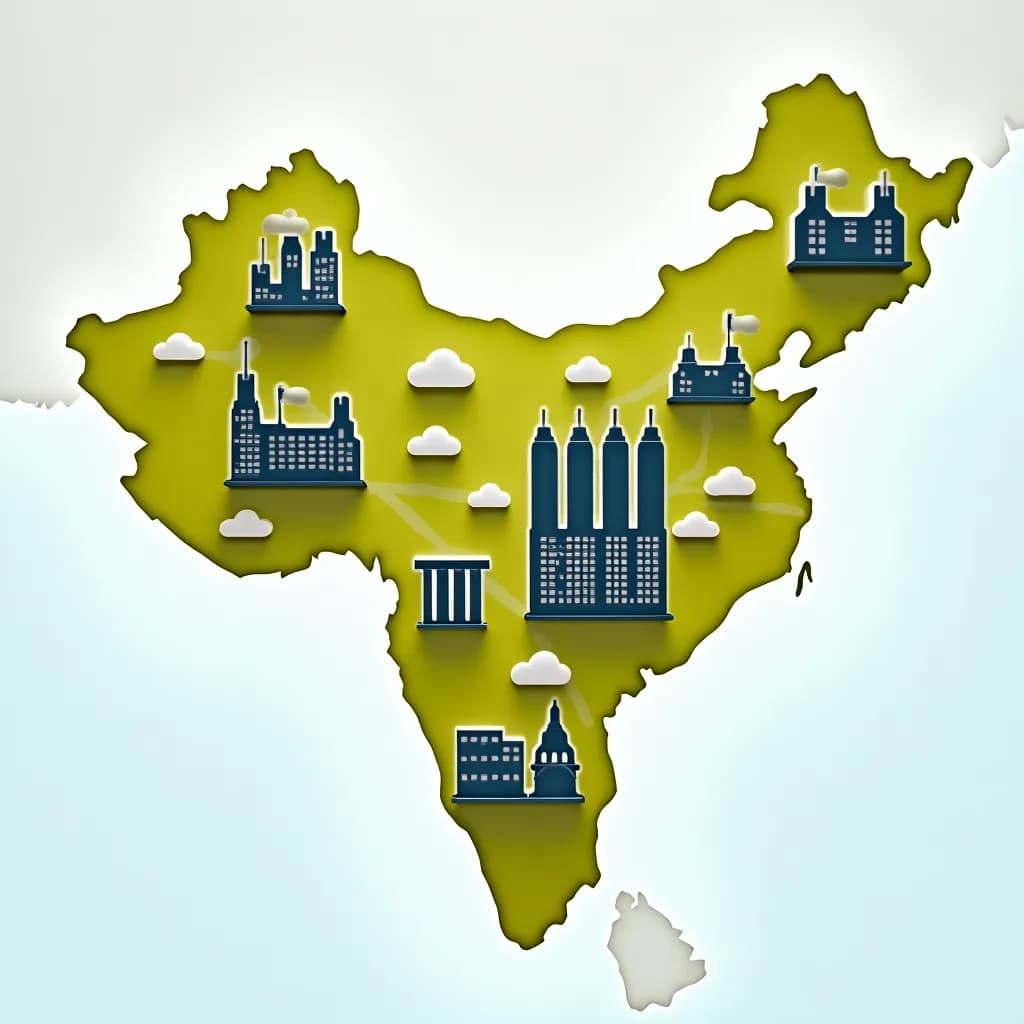Navigating the Impact of Political Polarization on Society: A Balanced Analysis
In recent years, political polarization has become a prominent feature of many democratic societies. Its effects are felt across various facets of life, leaving citizens and policymakers grappling with its consequences. This article delves into the roots and impact of political polarization on societal dynamics, highlighting both challenges and opportunities for cohesion.
Understanding Political Polarization
Political polarization refers to the division of society into distinct ideological camps, often leading to increased tension and decreased willingness to compromise. According to a Pew Research Center study, the gap between Republicans and Democrats in the United States has widened significantly over the past two decades, with similar trends observed in other democracies worldwide.
Key Drivers:
- Media Influence: The rise of partisan media outlets has contributed to echo chambers where individuals are exposed primarily to opinions that reinforce their existing beliefs.
- Social Media Algorithms: Platforms like Facebook and Twitter often reinforce polarization by curating content that aligns with user preferences, as noted in a 2021 study published in the journal Nature.
- Identity Politics: Increasing alignment of political views with personal identity elements, such as race, religion, and geography, has further deepened divides.
Impact on Society
Political polarization has far-reaching implications for societal cohesion and governance. Below are some critical areas affected:
1. Governance and Policy Making:
Polarization often leads to legislative gridlock, making it challenging to pass significant reforms. For instance, the U.S. Congress has seen an increase in filibusters and a decrease in bipartisan cooperation, as reported by the Congressional Research Service.
2. Social Cohesion:
Societal division can erode trust between communities and foster an environment of hostility. A 2022 survey by the World Values Survey found that countries with higher polarization levels reported lower social trust.
3. Economic Implications:
Economic policies are often stalled due to political deadlock, impacting national growth and international competitiveness. The Economist Intelligence Unit highlighted that countries with high polarization often experience volatile financial markets.
Opportunities for Bridging Divides
Despite these challenges, there are opportunities to bridge divides and foster a more collaborative political environment:
- Education and Awareness: Promoting media literacy and critical thinking can help individuals navigate biased information and make informed decisions.
- Civic Engagement: Encouraging inclusive dialogue through town hall meetings and community forums can help bridge gaps among different political groups.
- Policy Innovation: Implementing policies that encourage cross-party collaboration, such as ranked-choice voting, can incentivize politicians to appeal to a broader electorate.
Conclusion
Political polarization poses significant challenges, but it also presents an opportunity for societies to reflect and innovate. By addressing the root causes and fostering an environment of open dialogue and cooperation, it is possible to mitigate its adverse effects and promote a more unified society. As citizens and leaders work together to bridge these divides, the potential for positive change remains within reach.







